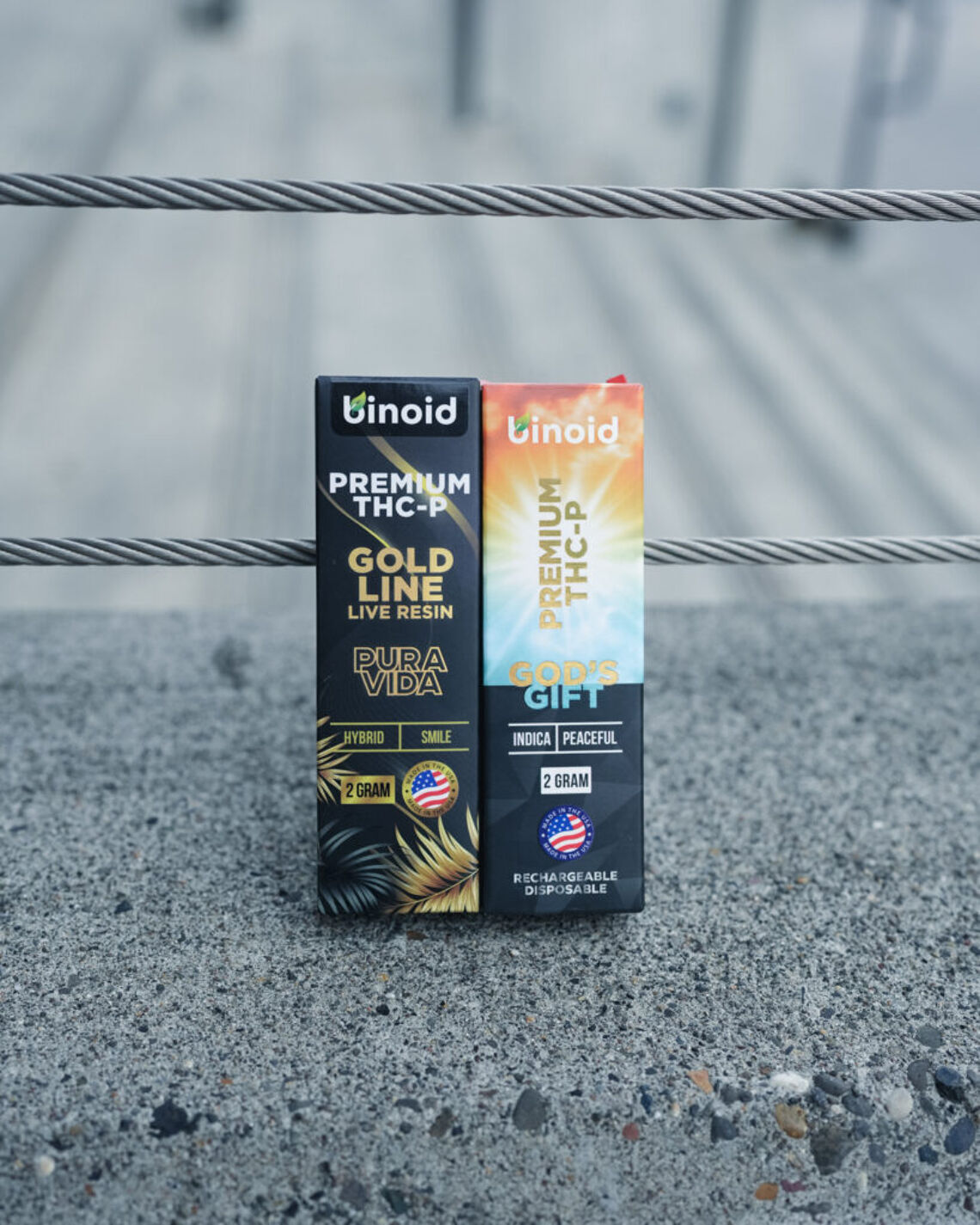Does THC-P Help With Anxiety?

Table of Contents
Anxiety is a common mental health condition that can significantly impact an individual's life. Anxiety can manifest in various ways, such as physical, cognitive, and emotional symptoms. Identifying the underlying cause of anxiety is essential to treat it effectively. In recent years, there has been increasing interest in the potential therapeutic benefits of THC-P, a compound found in the hemp plant. This paper will explore whether THC-P can help with anxiety by examining scientific evidence, possible side effects, and other considerations.
READ: How Long Does a 5 Gram Disposable Weed Pen Last?
What Is Anxiety?
Anxiety is a normal emotion that can become a disorder when it is persistent and disruptive to an individual's daily activities. It is characterized by feelings of fear, dread, and apprehension that can interfere with concentration, sleep, and work. Common anxiety symptoms include restlessness, irritability, difficulty concentrating, and physical symptoms such as sweating and an increased heart rate. Anxiety can significantly impact an individual's quality of life and may require medical intervention.
What Is THC-P?

THC-P is a compound found in the hemp plant that has been studied for its potential therapeutic benefits. It is a non-psychotropic cannabinoid, meaning it does not produce the psychoactive effects associated with marijuana. THC-P has been studied for its possible benefits in treating various conditions, including anxiety.
How Does THC-P Work?
THC-P works by interacting with the endocannabinoid system, which regulates various bodily functions such as mood, appetite, and sleep. THC-P binds to receptors in the endocannabinoid system, which can lead to a reduction in anxiety symptoms. It is thought to work by increasing the release of serotonin, a neurotransmitter associated with mood regulation.
What Are the Potential Side Effects?
As with any medication, there are potential side effects associated with THC-P. Common side effects include dizziness, dry mouth, and drowsiness. More severe side effects may include increased heart rate, paranoia, and confusion. Speaking to a healthcare professional before taking THC-P to discuss potential side effects and interactions with other medications is essential.
READ: How To Enjoy Edibles?
Are There Alternatives?
Other treatments available for anxiety may be more effective than THC-P. Cognitive Behavioral Therapy (CBT) is a talk therapy that effectively treats anxiety. Medications such as antidepressants, anti-anxiety medications, and beta-blockers may also be prescribed to help manage anxiety symptoms.
What Other Considerations Should Be Made?

When considering whether THC-P can help with anxiety, it is important to consider an individual's unique circumstances. Factors like lifestyle, genetics, and environmental stressors can cause anxiety. It is essential to identify the underlying cause of the anxiety to develop an appropriate treatment plan.
Where to find the best Cannabinoid products?
The best cannabis products aren’t just available just anywhere. Manufacturers everywhere will claim they have cannabis products but be wary of companies cutting corners and making false claims about them.
Binoid is a trusted and reliable brand, focusing solely on extraction and providing the best hemp and cannabis can offer. They have hundreds of products infused with quality cannabinoids that you can enjoy for any ailment or your enjoyment. Binoid believes that Hemp cannabinoids should be vital to living a healthy lifestyle. Shop at Binoid today and get an extra 25% off when you use the coupon code 25Binoid at checkout.
READ: What is Delta-9P?
Does THC-P Help With Anxiety? - Conclusion
THC-P may have potential therapeutic benefits in treating anxiety, however, more research is needed to confirm its efficacy. Speaking to a healthcare professional before taking THC-P to discuss potential side effects and interactions with other medications is essential. Additionally, identifying the underlying cause of the anxiety is important in developing an appropriate treatment plan.













